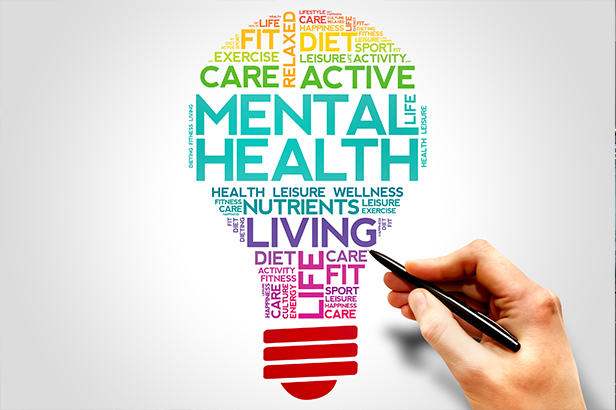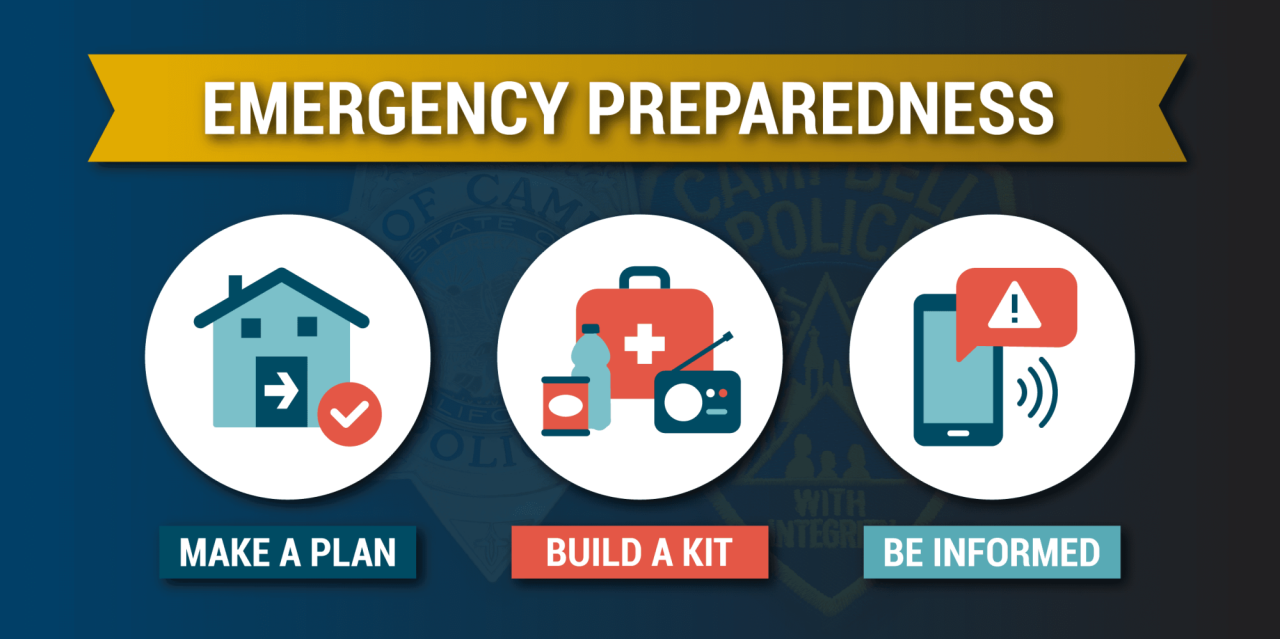Mental Health & Well-being

Mental Health & Well-Being: Proven Strategies to Boost Resilience, Focus, and Emotional Strength
Introduction
Mental health is the foundation of a productive, fulfilling life. In a world filled with stress, uncertainty, and constant demands, maintaining psychological well-being is more critical than ever. Mental resilience, emotional stability, and cognitive sharpness are essential for success, whether in personal relationships, career growth, or overall life satisfaction. By implementing science-backed strategies, individuals can take control of their mental well-being and unlock peak performance.
Understanding Mental Health and Its Impact
Mental health affects every aspect of life, from decision-making and problem-solving to emotional regulation and physical health. Poor mental well-being can lead to stress, anxiety, depression, and burnout, impacting work efficiency, relationships, and overall quality of life. Common factors influencing mental health include:
- Stress and Anxiety – Chronic stress elevates cortisol levels, leading to fatigue, poor concentration, and weakened immune function.
- Sleep Quality – Lack of restorative sleep disrupts brain function, reducing emotional resilience and cognitive performance.
- Diet and Nutrition – Nutrient deficiencies can trigger mood swings, brain fog, and mental fatigue.
- Physical Activity – Regular exercise improves mood, sharpens focus, and releases endorphins that enhance emotional stability.
Powerful Strategies to Strengthen Mental Resilience
Improving mental well-being requires a proactive approach. These proven strategies can enhance mental strength, focus, and emotional balance.
1. Mastering Stress Management
Stress is an unavoidable part of life, but how it is managed determines its impact. Effective stress-reduction techniques include:
- Mindfulness and Meditation – Practicing mindfulness trains the brain to stay present, reducing overthinking and anxiety. Meditation strengthens neural pathways associated with calmness and focus.
- Breathing Techniques – Deep breathing exercises, such as diaphragmatic breathing and the 4-7-8 technique, lower stress hormones and promote relaxation.
- Time Management – Organizing tasks, setting priorities, and avoiding multitasking reduce overwhelm and improve mental clarity.
2. Optimizing Sleep for Maximum Cognitive Power
Quality sleep is a non-negotiable factor for mental health. Poor sleep leads to brain fog, irritability, and memory lapses. To optimize sleep:
- Maintain a consistent sleep schedule
- Limit screen time before bedtime to reduce blue light exposure
- Use magnesium and herbal teas for relaxation
- Keep the bedroom cool and dark for deeper sleep cycles
3. Nutrition for Brain Power
What you eat directly affects brain function and emotional stability. A nutrient-rich diet fuels cognitive performance and mental resilience. Key brain-boosting foods include:
- Omega-3 Fatty Acids – Found in fish, walnuts, and flaxseeds, omega-3s enhance brain function and reduce inflammation.
- Dark Leafy Greens – Rich in folate and antioxidants, they support brain health and mood regulation.
- Probiotics and Gut Health – The gut-brain connection influences mental well-being. Fermented foods like yogurt and kimchi support a healthy gut microbiome.
4. The Power of Physical Activity
Exercise is one of the most powerful natural antidepressants. Regular movement:
- Increases serotonin and dopamine, improving mood and motivation
- Enhances cognitive function and memory retention
- Reduces stress by lowering cortisol levels
- Strengthens the mind-body connection for greater emotional control
5. Building Emotional Strength and Resilience
Mental toughness is developed through intentional effort. Practical ways to strengthen emotional resilience include:
- Journaling – Writing thoughts and emotions down helps process feelings, identify patterns, and gain perspective.
- Cognitive Behavioral Techniques – Reframing negative thoughts and practicing gratitude shift focus from stress to empowerment.
- Social Connection – Meaningful relationships boost emotional stability and provide a strong support system.
6. Digital Detox and Mental Clarity
Constant exposure to digital devices and social media overloads the brain with information, increasing anxiety and distraction. Strategies to regain focus and mental clarity include:
- Setting boundaries on screen time
- Practicing the 20-20-20 rule (every 20 minutes, look 20 feet away for 20 seconds)
- Engaging in offline activities like reading, nature walks, and hobbies
Conclusion
Mental health and well-being are the pillars of a strong, successful life. By incorporating stress management, proper sleep, nutrition, exercise, emotional resilience training, and digital detox strategies, individuals can unlock peak mental performance and maintain long-term psychological strength. Taking charge of mental health isn’t just about avoiding stress—it’s about thriving, achieving clarity, and building a life filled with purpose and energy.
One thought on “Mental Health & Well-being”
-
Pingback: Gut Health & Microbiome - Scholarshiptea




Leave a Comment